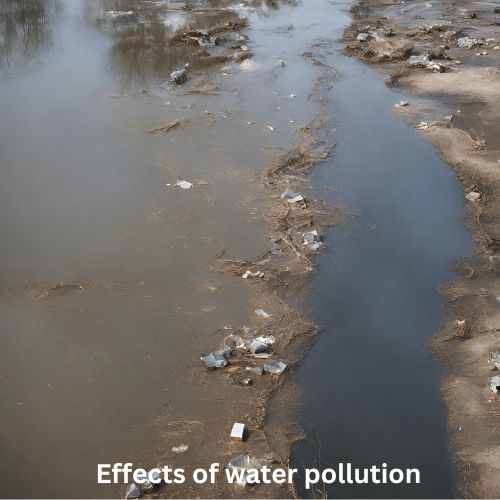With over 3.4 million people dying from water-related illnesses each year [WHO], unsafe water is the single biggest obstacle to the progression and health of communities in the developing world. In Pakistan, despite big improvements in the provision of safe water and sanitation, an estimated 70% of households still drink contaminated water.
- UF (ultra-filtration) technology is used for the removal of particulates and macromolecules from raw water, to produce potable (drinkable) water.
- The purpose of the filtration plants is to clean the currently unusable water and make it safe to drink. UF technology kills and removes bacteria and viruses from the water and
- These plants will be installed in areas where they are struggling with access to clean water.
- A room will be constructed which will house the plant and its machinery.
- The project includes the digging of a borehole, construction of the room, installation of UF plant and setting up of water collection points.
- There are thousands of people across the country who do not have access to clean water. Stomach ailments are unfortunately common amongst children due to the contaminated water.
- The clean water which is produced will assist in reducing waterborne diseases amongst the children, women and men in that location.
- We have needy locations in Punjab, Balochistan.
- Cost: £8,000
Water Filtration Plants in slum areas

Water filtration refers to the process of removing impurities, contaminants, and particles from water to make it safe, clean, and suitable for various purposes, such as drinking, cooking, and industrial use.
In slums, access to clean water can be a significant challenge. People may rely on various sources, including:
Public Taps or Standpipes: Some slums may have communal water taps or standpipes where residents can collect water.
Community Wells or Boreholes: In certain areas, there might be shared wells or boreholes that provide water to the community.
Water Tanker Deliveries: In some cases, water may be delivered by tanker trucks to specific locations in the slums.
Informal Water Sources: Residents might also use informal sources like rivers or ponds, which may not always provide safe and clean water. Access to clean water remains a critical issue in many slums, contributing to health and sanitation challenges.
Water filtration is the method of removing impurities and contaminants from water to improve its quality. It is important because untreated water may contain harmful substances like bacteria, viruses, chemicals, and sediments, which can lead to waterborne diseases and other health issues. Filtration ensures access to clean and safe water for consumption and other domestic or industrial purposes.
The process of water filtration involves passing water through various physical and chemical barriers to remove impurities. Common methods include sedimentation, coagulation, flocculation, sand filtration, activated carbon filtration, and membrane filtration. Each method targets specific contaminants, ensuring the water meets quality standards.
Basic water filtration typically involves the use of a physical barrier to remove larger particles and sediments from the water. This can be achieved through simple methods such as cloth or mesh filters, gravel filtration, or sand filtration. While basic, these methods can effectively improve water quality by reducing visible impurities.
Filtration is a process of separating particles or substances from a fluid (liquid or gas) by passing it through a medium with pores that allow the fluid to pass while trapping the particles. Examples of filtration include:
Air Filtration: Using air filters in HVAC systems to remove dust and pollutants.
Oil Filtration: Filtering oil in machinery to remove contaminants.
Water Filtration: Purifying water through methods like sand filtration, activated carbon filtration, or membrane filtration.